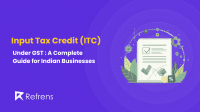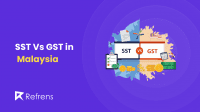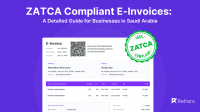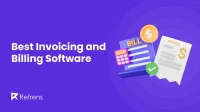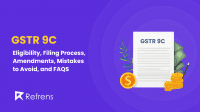Many people are turning to freelance work as a source of income. One of the primary reasons for this is that this year has seen a lot of job losses and high unemployment rates. This means that, even though the gig economy has been booming, we can expect a thriving freelance economy in the future.
Since the freelance economy is increasing, more millennials are considering it as a career option. However, there are a few new tax considerations they need to be aware of. If you’re new to freelancing, which is defined as earning more than $400 from a single customer for tax purposes, you’ll need to file your taxes.
In comparison to workers, freelancers have sole authority over their tax circumstances. However, there is a cost to independence. Freelancers are subject to a higher tax burden and are responsible for more record-keeping than employees.
Moreover, Freelancers and other self-employed professionals are subject to several particular tax rules. Understanding how you are taxed in the first place is the first step in self-employment tax preparation.
Tax On Self Employment Income
Independent contractors are taxed on their net self-employment income, which is calculated by deducting their tax-deductible business expenses from their gross earnings. This net income is therefore taxed twice: once for ordinary federal income tax and once for self-employment tax.
This seems frightening, but it’s not as horrible as it appears!
Freelancers pay the same federal income tax rates as employees on their earnings. The self-employment tax is what eats into freelancers’ earnings even more.
Tax On Freelancers In India
In India, freelancers who owe a total tax liability of Rs 10,000 or more are required to pay taxes every quarter. This tax is paid in advance every quarter.
GST registration is required for freelancers with an income of Rs.20 lakhs or more. Freelancers with annual revenues of less than Rs.20 Lakhs and who perform services only inside their state are exempt from GST registration.
The amount of GST that a freelancer must pay is determined by the type of service that the freelancer offers. If no rate is provided, the freelancer is responsible for 18 percent GST.
Additionally, when billing clients for their services, freelancers should include a GST invoice.
For small to mid-sized business owners, Refrens invoicing simplifies the e-invoicing procedure. Their API allows you to generate an invoice IRN (Invoice Reference Number) in seconds with no downtime.
Below is a sample of the invoice that you can create using the Refrens platform
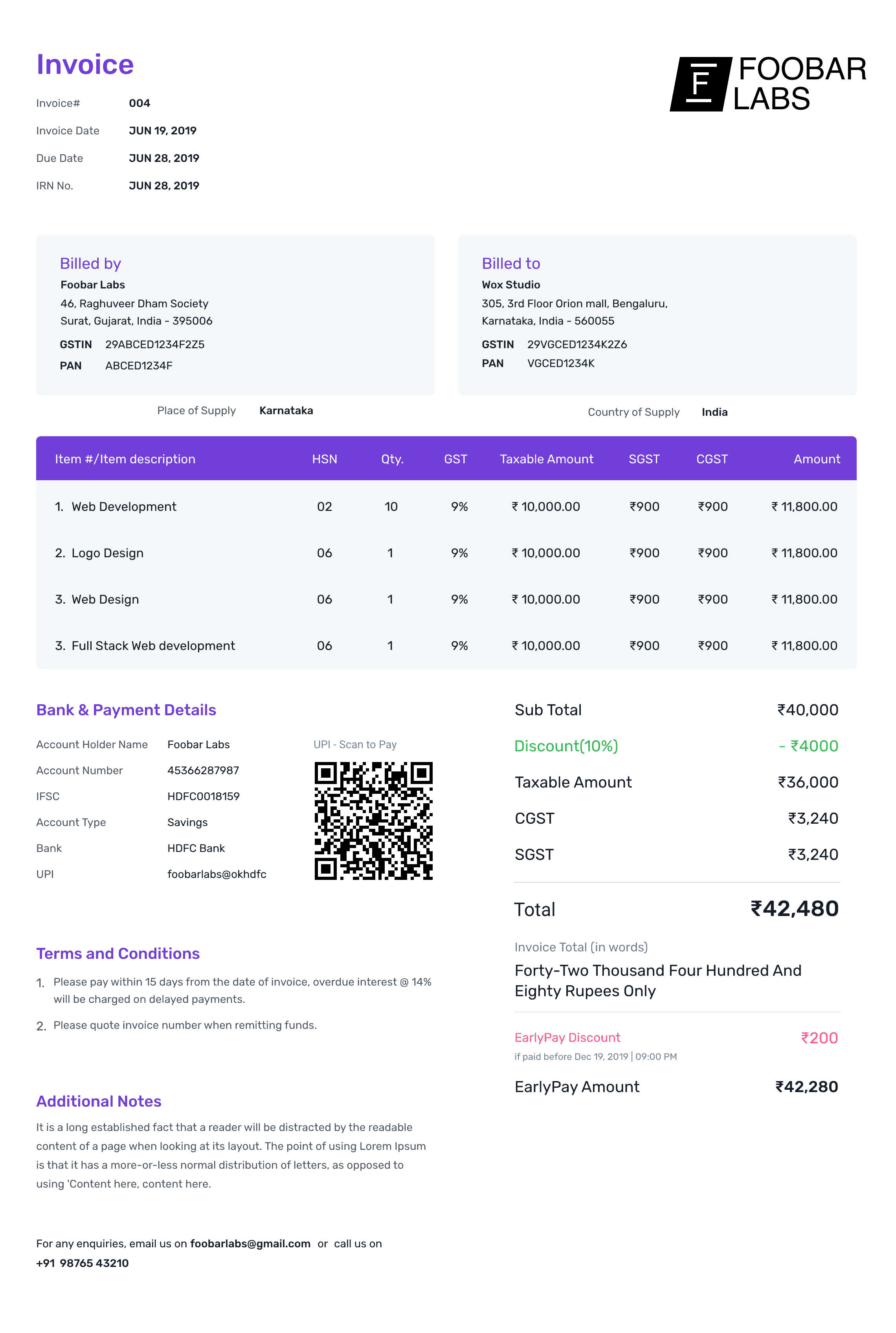
As a result, to make this time-consuming process easier, here are some tax tips.
5 Tax Tips For Every Freelancer
Tax Tips 1 – Take One Step At A Time
The first step is to collect all of your income sources. Unless you work for a single extremely high-paying customer, you’re likely to have money pouring in from a variety of sources.
You must be extremely organized as a freelancer. All of your paperwork, tax receipts, and costs must be kept track of.
Create a system that suits your needs. You might use Excel or apps like Keeper Tax or Clear Tax to aid you with tax write-offs.
Keep in mind that freelancing is a business, not a pastime. Approach your bookkeeping as if it were any other business. You can also use Refrens to keep track of your finances. Further, you can also hire a bookkeeper freelancer to help you manage that on Refrens.
If you require the services of a third party refer to Refrens Platform and have the financial resources to do so, go ahead and hire them.
Tax Tips 2 – What Are You Supposed To Pay?
It’s sometimes difficult to figure out what you’re paying taxes on as a freelancer. You’ll have to pay self-employment tax because you operate your own company. You’ll need a tax identification number to file.
In addition, as a sole proprietor, you may be required to pay your taxes quarterly rather than annually.
To find out if this applies to you, go to the IRS’s webpage on estimated taxes. GST registration is required for Indian freelancers. Furthermore, your state may impose its self-employment tax. As a result, make sure you start your research early.
Tax Tips 3 – Keep An Eye On Things
The good news is that as a freelancer, you can still deduct some expenses. Lodging, food, and any office supplies or related equipment would all come under this category.
Consider this as you would any other company or organization. You can deduct business travel and any materials required for the job. This is an extremely crucial aspect of tax preparation, especially since the majority of freelancers overlook it.
As a freelancer, you can deduct health insurance payments, marketing, membership dues, business insurance, home office, and contract work, among other things (say, if you hired someone to build your website).
Don’t forget about these details!
Tax Tips 4 – Seek Help
Many experts advise young and inexperienced freelancers to engage an accountant. You don’t want to overlook anything when it comes to taxes. If you’re in it for the long haul as a freelancer, you can start working on your taxes on your own when you’re ready.
However, getting guidance is a smart idea, especially when you’re just starting. You can also simplify your U.S. tax filing, including simplified FBAR filing, to streamline your international tax obligations as a freelancer.”
You can even employ a freelance accountant on Refrens to support the very gig economy you’re working in. The accountant can assist you with your taxes, making the procedure easier and more timely.
Tax Tips 5 – Change Your Perspective
You are unlikely to receive a tax refund as a freelancer because you are unlikely to have overpaid the government. This scenario is unlikely to occur because you’re handing in quarterly taxes, which are practically pay-as-you-go.
You must begin to include your taxes while calculating your finances. It’s a good idea to set aside around 20-30% of your income for taxes, which should cover them unless you pay them late and incur a penalty.
Moreover, it’s preferable to set aside money quarterly rather than in one lump sum every year. This is due to the quarterly tax, and as a freelancer, your income may be inconsistent. You may get $8,000 one quarter and $2,000 the next.
Recommended Reads: Top E-Invoicing Software in India: Detailed Analysis
Conclusion
Freelancers are frequently on the lookout for the correct forms from clients. For freelancers, the tax process might be complicated, but it doesn’t have to be. There’s no reason why paying taxes as a freelancer has to be difficult if you’re organized and prepared ahead of time. There are several resources available, so if you get stuck, consider hiring a freelancer to assist you.
Moreover, on the Refrens platform, numerous freelancers can assist you with taxes, accountants, and bookkeeping. Evaluate them and, if required, hire one.
Recommended Reads:
15 Best Invoicing Software In 2024
Top 8 e-Way Bill Software
Top 10 Billing Software For Chartered Accountants
Top 7 Invoice Generator Software
Top Invoicing Software For Consultants
Top 10 Accounting Software





